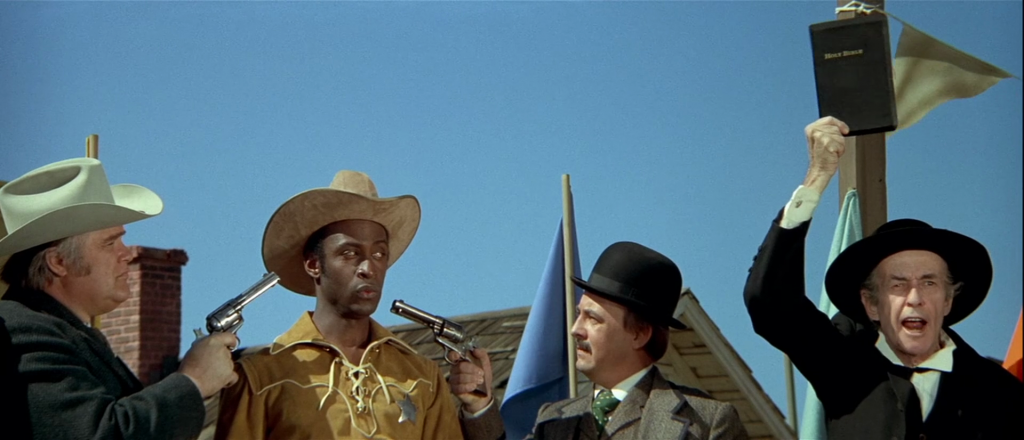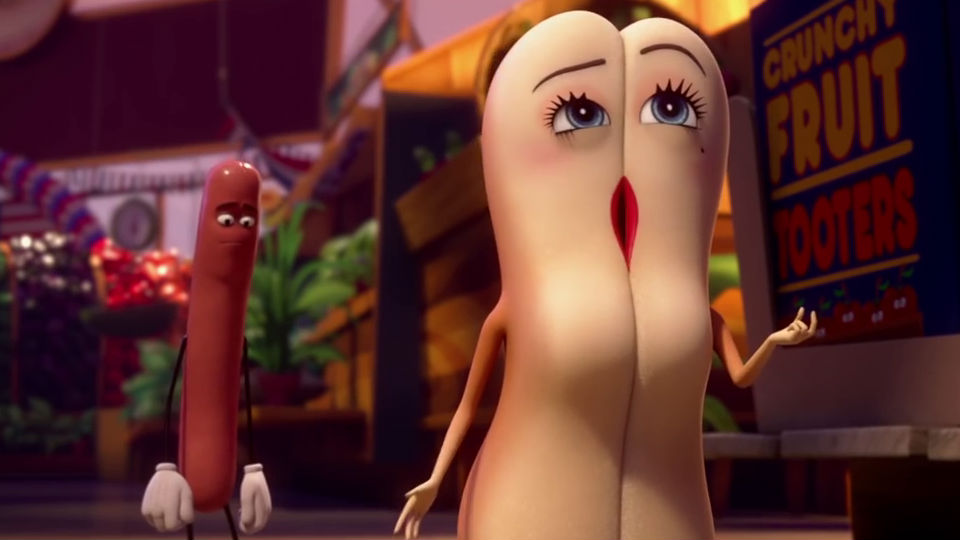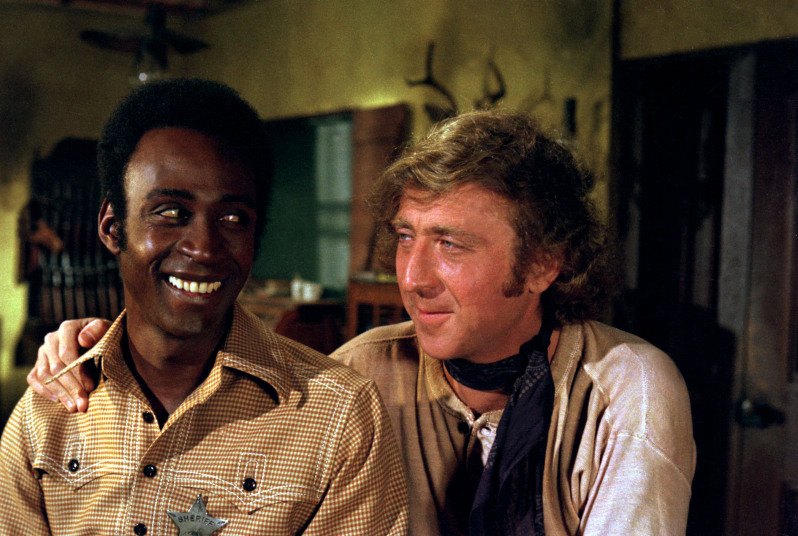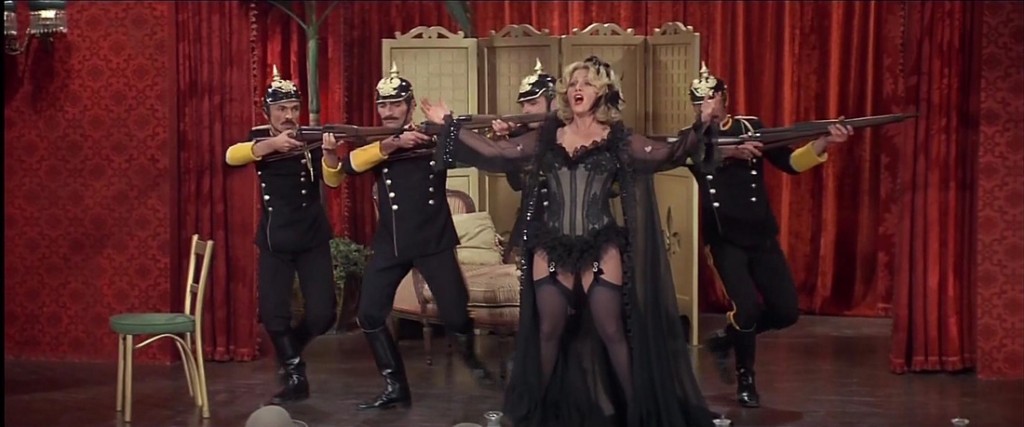August brings to us the release of Seth Rogen’s R-rated animated picture Sausage Party. I’m sure you’ve seen the trailers, ersatz Dreamworks hot dogs saying fuck, shit and pussy, all the while making every other food joke the Cloudy With A Chance Of Meatballs writers left on the drafting table. While I have yet to see the completed picture, a leak of an early draft of the script (fallout from the big Sony hack of 2014) is to put it gently, really bad. Just 100 pages of cheap sex and race jokes, no more shocking or despicable than the average shit someone on Twitter has had forced into their mentions by someone with a red hat avatar, wrapped up with a message of anti-gnosticism that would be clever if it weren’t punctuated by scenes where mayo is a euphemism for cum. This however hasn’t stopped it from resonating with those who feel its Family Guy-esque message of “Every Race is Equally Bad, so That’s Why We Should Be Cool” and/or that people are getting just a little Too Offended nowadays.
One of the main defenses of the movie is to point out its vague, surface level similarities to Mel Brooks’s Blazing Saddles. Both movies have broad race jokes, you see. Both attempt to make a point about race and perception. And more importantly, if Blazing Saddles were to come out in today’s cultural environment, its messages would be completely lost on an oversensitive generation of emotionally damaged children eager to cry “racist” at the first thing they see. The thing being, no one these people talk about is mad about the existence of slurs, racial, homophobic, and otherwise. They’re mad about their misuse. They’re mad about it being a cheap way to build heat against a bad guy. They’re tired of it only mattering in the context of the moment, a cheap shock meant to cause an inadvertent laugh just from the simple act of saying a word society tells us is naughty. Blazing Saddles could never come out today, everyone would be too offended. Horseshit.
Blazing Saddles still stands as a hilarious send-up of racism, both America’s and Hollywood’s. The beginning 5 minutes, with Burton Gilliam and his fellow white cowboys working themself into a singing fit trying to make fun of Bart and his fellow black railroad workers works as a miniature metaphor for the way White america ends up loudly exhibiting the behaviors they deride in black people. The n-word, used almost infamously liberally, isn’t just dropped in an attempt to shock or to make the white characters into more evil caricatures, but as a sign of ignorance and hate for hate’s sake. Notice how the town of Rock Ridge stops calling Bart slurs by the end of the film, or even the genius in a line like “Of course you have the good taste not to mention that I spoke to you.” Mel Brooks, working with Clevon Little and Richard Pryor, uses the racial humor in the film as a springboard to bounce bigger ideas off of, instead of a wall where the splat of a slur is supposed to be joke enough.
This doesn’t even begin to mention the fact that the film has so much more going on for it then just the immediate racial humor. Brooks’s decades of Catskill training still hold up in hundreds of so-dumb-they’re-brilliant-again gags. Gene Wilder’s charm resonates throughout the picture, providing a warmth needed for the film to work. Harvey Korman is more or less putting on a master class as Hedley Lamarr, alternating between devious plotting and madcap insanity perfectly. Madeline Kahn’s anti-torch song being flanked by a WWI chorus is beautifully insane. Alex Karras as Mongo is a brilliantly dumb performance, aided by Richard Pryor’s writing, and the final 14 minutes, working its way through musicals, backlots, and city streets is such a hilarious piece of meta-comedy that twists itself into such a pretzel it’s good the movie ends before anyone has time to think about it.
To make a movie as transgressive as Blazing Saddles today would be difficult, to be certain. Too many people over the years have taken the message to be that the film is simply one of offense for offense’s sake, a series of moments that would be too taboo in our PC-Gone-Mad society. But the weird thing is that it hasn’t actually stopped people from trying to, y’know, make Blazing Saddles. One would look to Seth McFarlane’s A Million Ways To Die In The West as an example of someone trying to unsuccessfully recreate the transgressive tone of Mel Brooks’s classic in the modern era (it turns out Bill Maher cameos and endless jokes about anal aren’t the modern updates people are looking for).To properly recreate the nimble aim between offensive and insightful would require a lot of talented people doing their best work to make a movie that is able to be about offensive things without being horrible itself. That being said, it’s totally possible to accomplish. You just have to be as funny and talented as Mel Brooks.
Lisa Cohen is a student and writer in central California. She likes Orbital, pen and paper RPGs, and the works of Steven Soderbergh. Periodically available at @lisafurioso.




